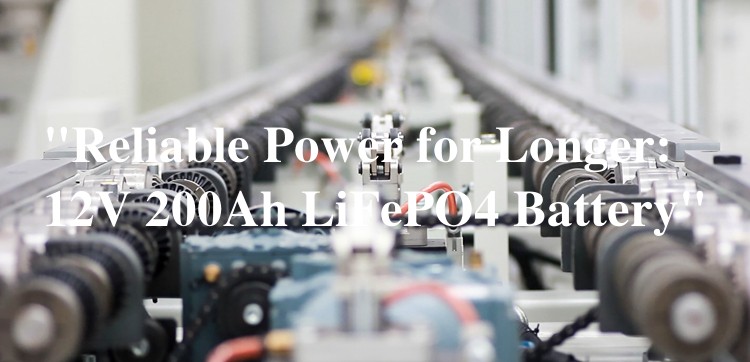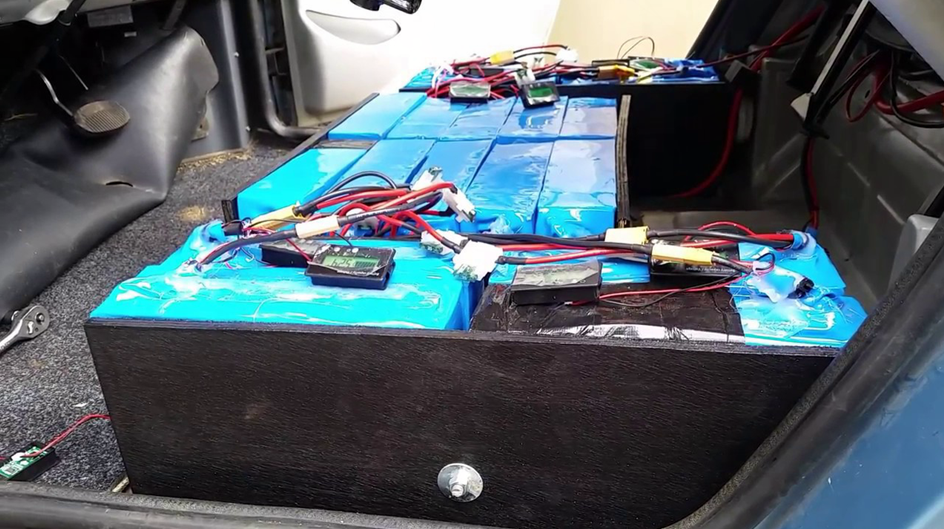What are the key features to consider when choosing the best marine battery for your boat?
Battery Type and Chemistry
When selecting a marine battery for your boat, the first crucial consideration is the battery type and chemistry. The common options include flooded lead-acid, AGM (Absorbent Glass Mat), and Lithium-ion batteries. Each type has its advantages and disadvantages, such as maintenance requirements, lifespan, and weight. Understanding the differences between these battery types and choosing the one that aligns with your boating needs and preferences is essential for optimal performance and longevity.
Capacity and Reserve Capacity
Capacity and reserve capacity play a significant role in determining the runtime of your boat’s electrical systems. Capacity is the measure of a battery’s energy storage, usually expressed in ampere-hours (Ah). Reserve capacity, on the other hand, indicates how long a battery can maintain a specific minimum voltage under a constant load. Assessing your boat’s power demands and selecting a marine battery with sufficient capacity and reserve capacity ensures a reliable power supply during extended boating trips or emergencies.
Marine Cranking Amps (MCA) and Cold Cranking Amps (CCA)
For boats equipped with engines that require starting batteries, MCA and CCA are essential factors to consider. Marine Cranking Amps (MCA) represents a battery’s ability to start an engine in warm weather conditions, while Cold Cranking Amps (CCA) reflects its performance in cold weather. The appropriate MCA and CCA ratings ensure reliable engine starting regardless of weather conditions, giving you peace of mind on the water.
Maintenance and Safety Features
Boat owners should prioritize safety and ease of maintenance when choosing a marine battery. Some batteries, like flooded lead-acid ones, require periodic maintenance to check electrolyte levels and prevent sulfation. On the other hand, AGM and Lithium-ion batteries are maintenance-free and offer enhanced safety features like built-in safety valves and flame arrestors. Selecting a battery that aligns with your maintenance preferences and provides safety features will enhance your boating experience.
Weight and Size
The weight and size of the marine battery are critical factors, especially for smaller boats with limited space and weight capacity. Heavy batteries may affect the boat’s balance and performance, while oversized batteries may not fit in designated compartments. Considering the weight and size of the battery ensures a proper fit and balanced load distribution, contributing to your boat’s overall efficiency and maneuverability.
Charging and Discharging Efficiency
Efficient charging and discharging capabilities are crucial for marine batteries. Some batteries, like Lithium-ion, offer high charging and discharging efficiency, allowing for faster recharging times and longer-lasting power supply. Understanding the battery’s charge acceptance and depth of discharge capabilities will help you optimize the charging process and make the most of your marine battery investment.

Durability and Longevity
Marine batteries are subjected to harsh marine environments, including moisture, vibration, and temperature fluctuations. Choosing a durable and long-lasting battery with robust construction and resistance to corrosion ensures it can withstand the rigors of marine life and provide reliable performance over an extended period. Considering the battery’s expected lifespan and warranty coverage will also help you make a well-informed decision for your boating needs.
In conclusion, selecting the best marine battery for your boat involves evaluating various key features, including battery type, capacity, cranking amps, maintenance requirements, weight, size, charging efficiency, durability, and brand reputation. Taking the time to assess your specific boating needs and preferences will lead to a well-suited marine battery that powers your boat effectively and enhances your overall boating experience.
-
 With the increasing demand for renewable energy sources, the need for efficient and reliable battery technology has become more crucial than ever. One of the most promising advancements in this field is the development of high-efficiency 48V LiFePO4 battery chargers. These chargers are specifically designed to enhance the performance of lithium iron phosphate (LiFePO4) batteries, which are known for their...Read more
With the increasing demand for renewable energy sources, the need for efficient and reliable battery technology has become more crucial than ever. One of the most promising advancements in this field is the development of high-efficiency 48V LiFePO4 battery chargers. These chargers are specifically designed to enhance the performance of lithium iron phosphate (LiFePO4) batteries, which are known for their...Read more -
 The lifespan of a Lifepo4 battery depends on various factors such as usage, storage conditions, charging habits, and maintenance practices. Lifepo4 batteries are known for their durability and longevity, making them a popular choice for various applications. On average, a Lifepo4 battery can last up to 2000 cycles or more, which translates to around 10 years of use for...Read more
The lifespan of a Lifepo4 battery depends on various factors such as usage, storage conditions, charging habits, and maintenance practices. Lifepo4 batteries are known for their durability and longevity, making them a popular choice for various applications. On average, a Lifepo4 battery can last up to 2000 cycles or more, which translates to around 10 years of use for...Read more -
 In today's world, we are heavily reliant on portable electronic devices such as smartphones, laptops, and tablets. With the increasing need for uninterrupted power supply, people are turning to advanced battery technologies like Lithium Iron Phosphate (LiFePO4) batteries. One such battery that has gained popularity is the 12V 200Ah LiFePO4 battery. In this article, we will explore why this battery...Read more
In today's world, we are heavily reliant on portable electronic devices such as smartphones, laptops, and tablets. With the increasing need for uninterrupted power supply, people are turning to advanced battery technologies like Lithium Iron Phosphate (LiFePO4) batteries. One such battery that has gained popularity is the 12V 200Ah LiFePO4 battery. In this article, we will explore why this battery...Read more -
 A portable car jump starter battery charger booster starter is an essential tool for any car owner. It is a device that can be used to jump-start a car battery that has died or is weak. It is a compact and portable device that can easily fit in the trunk of your car, making it easily accessible whenever you need...Read more
A portable car jump starter battery charger booster starter is an essential tool for any car owner. It is a device that can be used to jump-start a car battery that has died or is weak. It is a compact and portable device that can easily fit in the trunk of your car, making it easily accessible whenever you need...Read more -
 In today's fast-paced world, having a reliable and efficient 24V on-board battery charger for your vehicle is essential. Whether you own a truck, RV, or boat, ensuring that your battery is always powered up and ready to go is crucial for a seamless and hassle-free experience. In this article, we will explore the importance of having a reliable on-board battery...Read more
In today's fast-paced world, having a reliable and efficient 24V on-board battery charger for your vehicle is essential. Whether you own a truck, RV, or boat, ensuring that your battery is always powered up and ready to go is crucial for a seamless and hassle-free experience. In this article, we will explore the importance of having a reliable on-board battery...Read more -
 Introduction: In recent years, the healthcare industry has witnessed significant advancements in technology, leading to improved patient care and better treatment outcomes. One such technological breakthrough that has revolutionized healthcare is the development of medical device lithium batteries. These batteries have transformed the capabilities of medical devices, making them more efficient, portable, and reliable. This article explores the impact of...Read more
Introduction: In recent years, the healthcare industry has witnessed significant advancements in technology, leading to improved patient care and better treatment outcomes. One such technological breakthrough that has revolutionized healthcare is the development of medical device lithium batteries. These batteries have transformed the capabilities of medical devices, making them more efficient, portable, and reliable. This article explores the impact of...Read more -
 The growing demand for renewable energy solutions has led to an increase in the use of lithium iron phosphate (LiFePO4) batteries. These batteries are known for their high energy density, long cycle life, and safety. Among the most popular LiFePO4 batteries are 100Ah LiFePO4 batteries, which are widely used in electric vehicles, energy storage systems, and solar applications. The...Read more
The growing demand for renewable energy solutions has led to an increase in the use of lithium iron phosphate (LiFePO4) batteries. These batteries are known for their high energy density, long cycle life, and safety. Among the most popular LiFePO4 batteries are 100Ah LiFePO4 batteries, which are widely used in electric vehicles, energy storage systems, and solar applications. The...Read more

